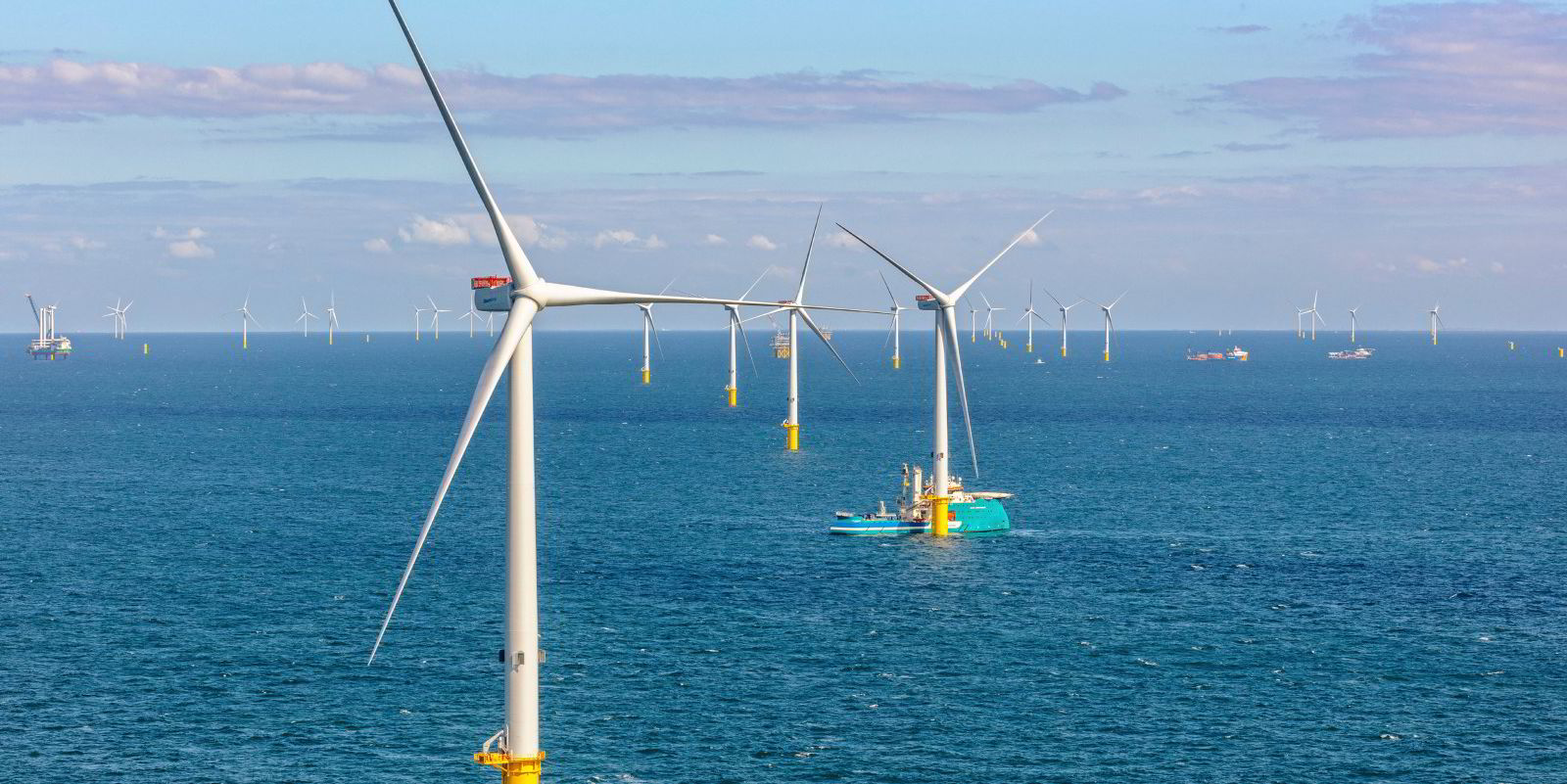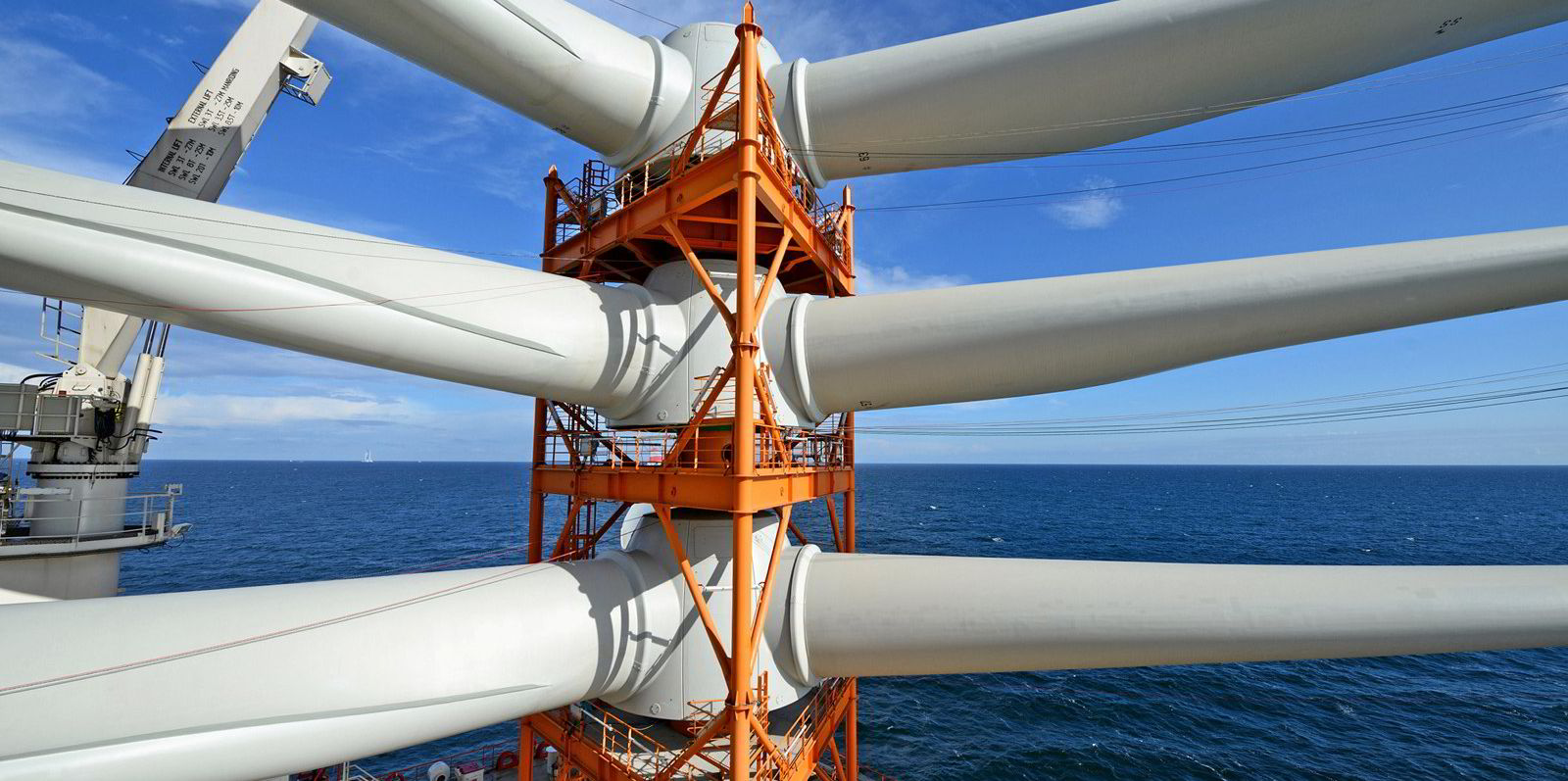The UK government and the country’s oil & industry hope a long-awaited package of support measures to help the mature hydrocarbon basin manage its transition to clean power production will set a global example.
Get the market insight you need into the global oil & gas industry's energy transition – from the new newsletter from Upstream and Recharge. Sign up here
UK energy minister Anne-Marie Trevelyan told an industry audience the government hoped to sign off “imminently” on the so-called North Sea Transition Deal following months of negotiations with industry.
Trevelyan was speaking during a webinar organised by trade body Oil & Gas UK (OGUK), shortly before Chancellor of the Exchequer Rishi Sunak delivered his annual Budget statement to parliament.
Sunak announced government would make available £27m ($38m) for an Energy Transition Zone (ETZ) in Aberdeen, Scotland, the home of UK’s North Sea oil sector, in a first step towards delivering the wider deal.
He also pledged £5m for a ‘Global Underwater Hu’ to support the area’s subsea engineering industry.
Government has said the proposed transition deal will be a “quid pro quo” partnership with industry resulting in long-term action to create new jobs and investment, while also retaining skills and capabilities that could give the UK an advantage in emerging low-carbon sectors.
“We do believe absolutely that North Sea Transition Deal that we are all working on at pace with the sector really will be an exemplar,” Trevelyan said.
“And we absolutely want to hold that up as a model for other hydrocarbon-producing nations to follow.”
She welcomed efforts made already by the UK oil & gas industry to make the nation’s section of the North Sea carbon neutral by 2050, but Trevelyan said “there is much work to be done”.
“Platform electrification and reductions in flaring and venting activities both present particularly significant challenges,” she said. “But they are necessary, given that the sector is responsible for approximately 3.5% of the UK's greenhouse gas emissions.
“Our message has been consistent throughout — we want the UK continental shelf to remain an attractive investment destination and to work with the sector as we transition our energy systems, not work against it."
“We hope to be able to reach agreement imminently.”
Deirdre Michie, chief executive of OGUK, said: “We think it could be an exemplar nationally and globally demonstrating how, by working with governments, an energy sector like ours can continue to support security of energy supply while transitioning to a net zero future.”
Michie also welcomed other measures in the Budget around supporting green energy innovation, including a review of research & development tax relief, which she said "can be a key driver of success in the field of green technology".
“The investment towards the [AETZ], Global Underwater Hub and Hydrogen Hub in Anglesey are encouraging starts to this country’s journey to a low-carbon future that also supports climate goals, employment and energy security," Michie added.
“Central to all of this is the North Sea Transition Deal reaffirmed by the Chancellor today. Having powered the country for over 50 years, the UK’s oil and gas sector’s energy expertise is crucial to developing the green innovation required to see the UK achieve net-zero emissions by 2050."
Commenting, Julia Derrick, energy partner at law firm Ashurst, said: "The funding being made available by the government towards implementing the energy transition in the UKCS (continental shelf) may only be a small proportion of the scale of the funding and investment that will ultimately be required, but it is nonetheless a positive step, confirming the government's commitment to the road map set out in the 10-point plan and the Energy White Paper.





